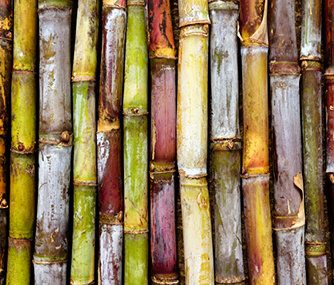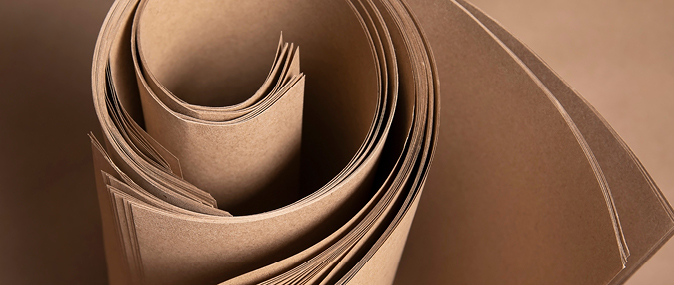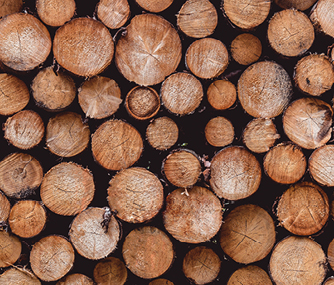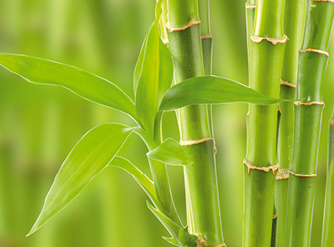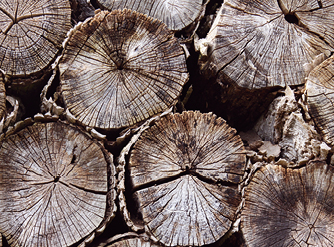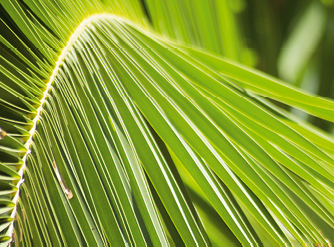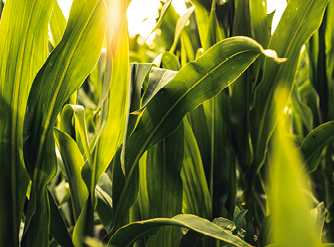Sustainable products
NATUREStar - organic disposables made from renewable raw materials
Not all disposables are the same. For many products, there are sustainable alternatives to plastic. With the NATUREStar brand, Franz Mensch offers environmentally friendly and hygienic products made from renewable raw materials. NATUREStar products are sustainably produced and biodegradable.

How it all began ...
In 2010, Franz Mensch was one of the first to bring compostable disposable plates to Germany. Today, almost everyone knows these sugar cane plates. A lot has happened in the field of sustainable hygiene products:

Environmentally friendly materials
It all starts with the raw materials we use to make our organic disposables. We use only natural materials in the process. Discover our large selection now.

We are FSC® certified
The FSC® system and its standards ensure the use of forests in accordance with social, economic and ecological needs. The production of FSC® products is subject to compliance with the following requirements: only FSC® certified quantities from controlled sources of wood or recycled material may be used. In order for the end consumer to have the opportunity to actively choose a product that that promotes responsible forest management, FSC® certified products are marked with a label. The label refers to the product or packaging components that originate from the forest. Only certified companies are allowed to label their end products made from FSC® materials with the respective mark.
Sustainable from A to Z: The life cycle of an organic product
The life cycle of our sustainable NATUREStar products begins with the choice of raw material. Here, we consciously rely on rapidly regenerating materials. But also the reuse and further processing of residual materials, such as sugar cane fibers or recycled materials, enable a responsible use of resources. The next step is production, where we attach great importance to environmentally friendly manufacturing. Like the products themselves, packaging and transport are also rethought. The life cycle closes with the recycling of the products. Most items are completely broken down in industrial composting plants, they are recycled or otherwise utilized, and then serve as raw materials again for new products.


 Disposable gloves
Disposable gloves
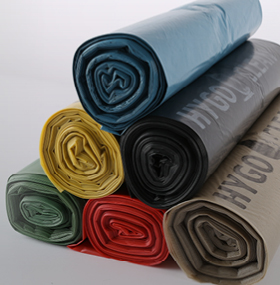

 Head protection
Head protection

 Patient care
Patient care

 Cleaning agents
Cleaning agents

 Kitchenware
Kitchenware
 Service gloves Quick&Clean
Service gloves Quick&Clean

 Organizing systems
Organizing systems

 Bio disposable tableware
Bio disposable tableware

 Infection protection
Infection protection
 Product highlights
Product highlights

 Ansell
Ansell
 Hotel, restaurant & catering
Hotel, restaurant & catering
